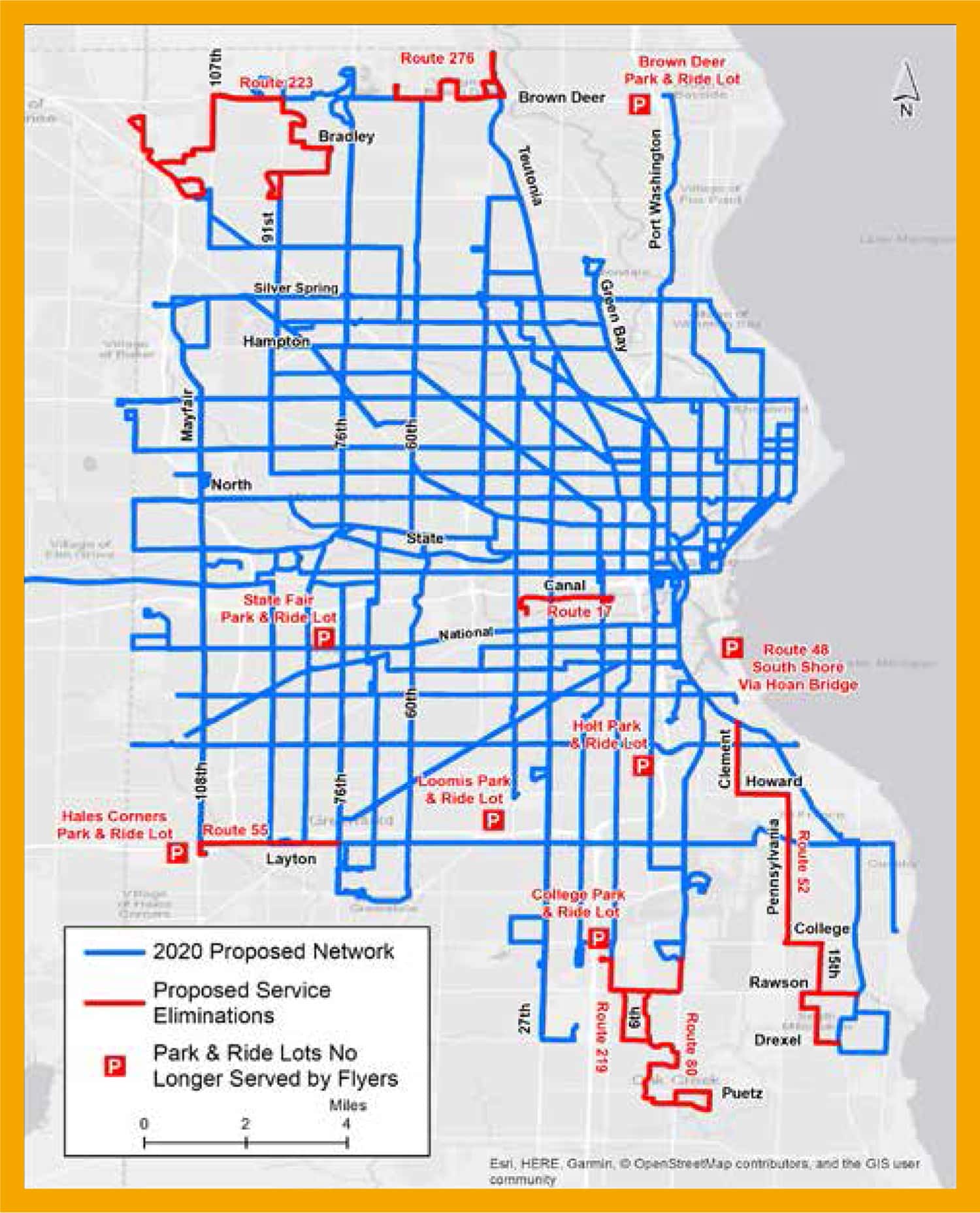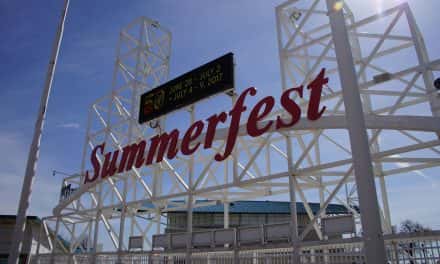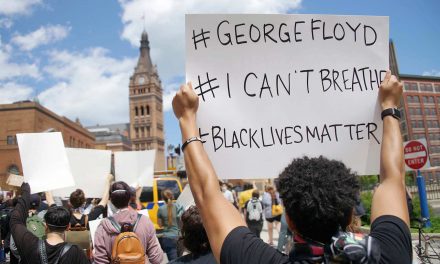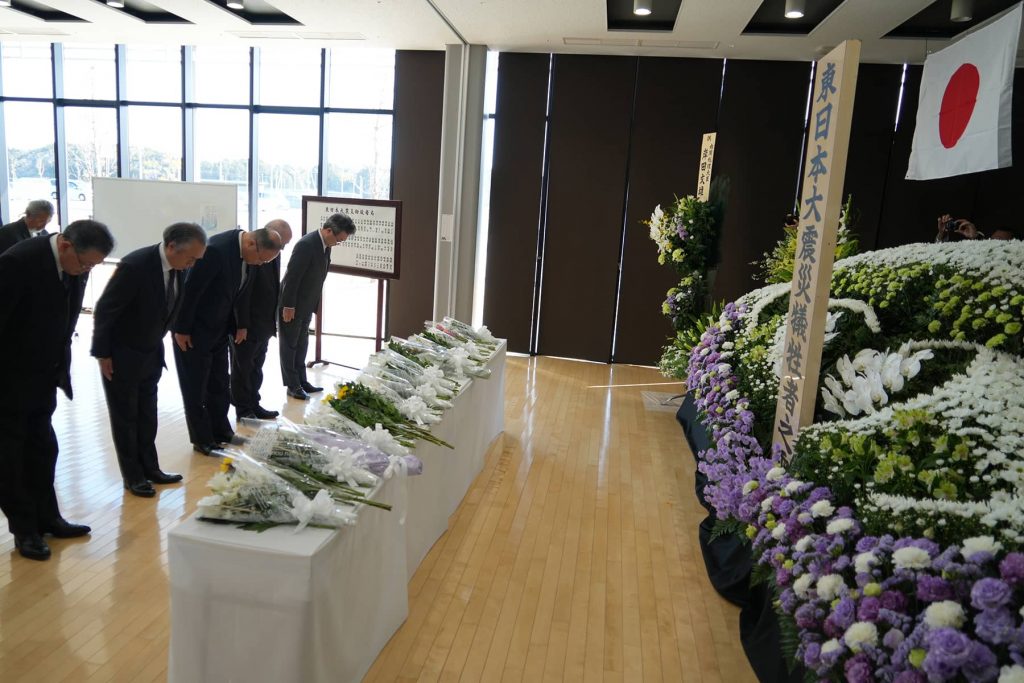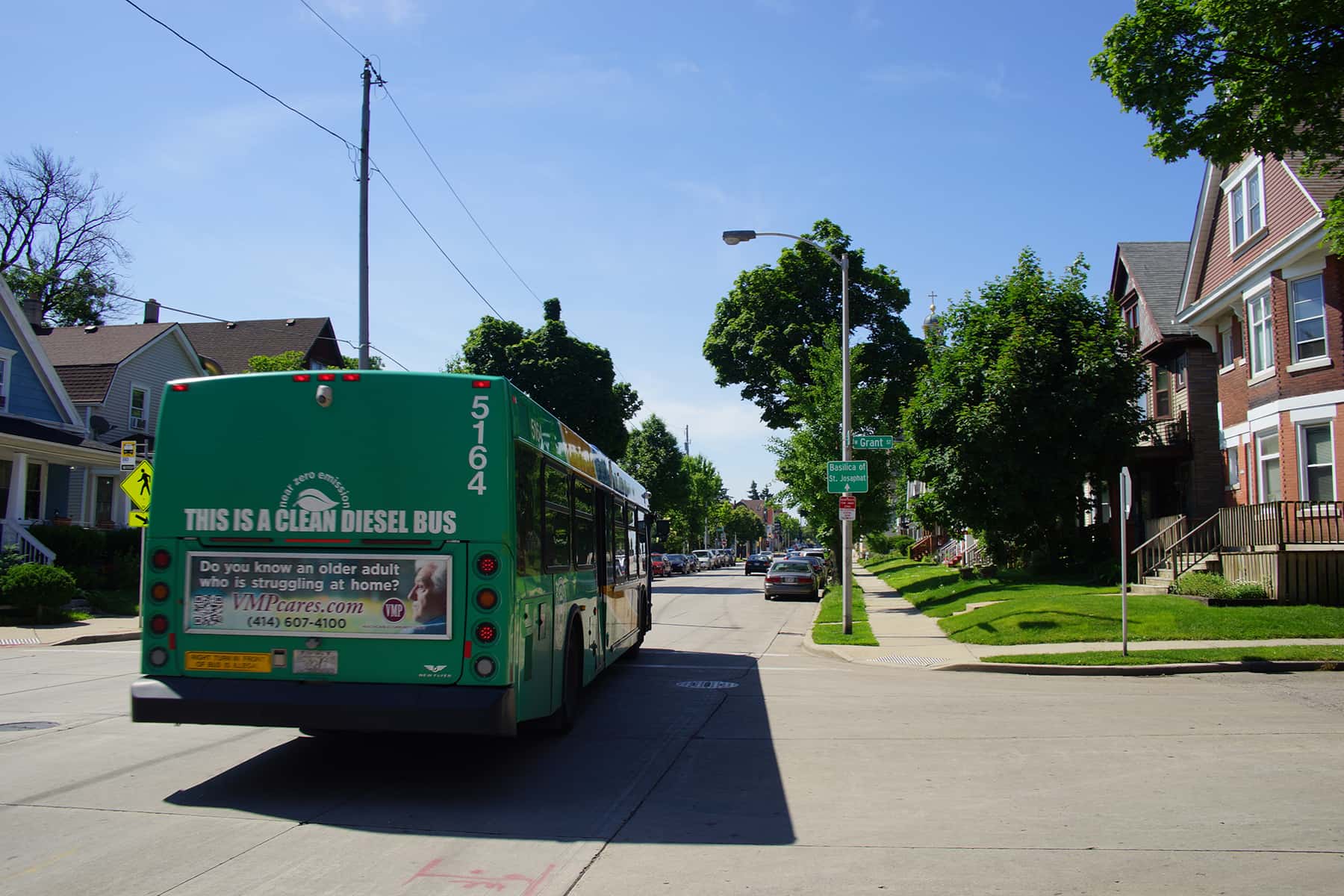
Milwaukee County reached a fiscal crisis point this year. Over the past decade, County taxpayers have increased income and sales tax payments to the State by $355 million, yet shared revenue and other funding from the state has declined or remained flat over the same time period.
County Executive Chris Abele and County Supervisors have been strong supporters of the transit system. Unfortunately, limitations in state law have caused Milwaukee County to effectively reach the cap on the amount it can collect from property and sales tax. State and Federal transit support has been stagnant, especially in comparison to inflationary cost increases, and grant funding that have helped past budgets are increasingly scarce.
Those fiscal constraints on the County have impacted Milwaukee County Transit System’s ability to maintain and expand services. Lacking a new state solution, balancing future budgets will continue to involve difficult decisions that impact people who live, work, and spend time in Milwaukee County.
“For 2020, we had to put together a balanced budget that included several service changes. If we could save a route in an inner-city neighborhood for a single mom, that is what we tried to do. These are the types of issues we weigh and then we make the recommendations to elected officials,” said Dan Boehm, Director of MCTS in a statement. “We’ve tried very hard to balance the needs of our passengers with the needs of our employees. We’ve developed a budget that preserves services for 97 percent of the ridership in 2020.”
Milwaukee County implemented a $30 vehicle registration fee in 2016, dedicating a major portion of the proceeds to MCTS. The following year, Milwaukee County Executive Chris Abele proposed increasing the fee to $60, which was met with resistance by the County Board. Increasing the wheel tax could have helped MCTS, but the referendum and failed.
“As a result of a decade-long funding imbalance with the state, our ability to maintain facilities, preserve community assets and provide high-quality services at the level our residents deserve is approaching the breaking point,” said County Executive Abele. “The County’s ability to adequately fund and maintain what we would like to is diminishing every year. We need adequate support from the state or the option to use new tools to generate necessary funding going forward in order to put both Milwaukee County and all of Wisconsin on a path to a sustainable future.”
Proposed Bus Route Reductions
The proposed 2020 Transit Budget includes significant service changes. Although 97% of annual ridership would not be impacted by these changes, the total number of bus routes could be reduced by ending the following services:
- 6 Freeway Flyer routes – 40, 43, 44, 46, 48, 49
- 4 UBUS Routes – 40U, 42U, 44U, 49U
- 5 Shuttles – 17, 137, 219, 223, 276
- Route 52 Clement – 15th Avenue
- Route 55 Layton Avenue: would no longer have service west of S.76th Street
- Route 80 6th Street: would no longer have service south of MATC South Campus
Seasonal services could also be eliminated as a cost-saving measure:
- Brewers Line buses for Miller Park
- Freeway Flyer service for Summerfest may also be impacted
- Freeway Flyers for German Fest, Irish Fest, and Festa Italiana
- Shuttle and Freeway Flyer services for Wisconsin State Fair
- Wisconsin Avenue Downtown shuttles for ethnic festivals and Summerfest
The proposed changes are believed to be necessary to bring expenses in line with limited revenues. The proposed changes were also informed by Racial Equity considerations, and route efficiency measures to minimize impacts on total riders. There were no budgeted changes to the Paratransit Program.
The public has an opportunity to voice their concerns at upcoming budget open house meetings across the County. Residents are also encouraged to contact state legislators to express the importance of public transportation. In addition, taxpayers can sign the online petition supporting a Fair Deal for Milwaukee County — a proposed partnership between the state government and Milwaukee County that would help generate the revenue needed to fund essential public services and cultural amenities.
© Photo
Lee Matz

